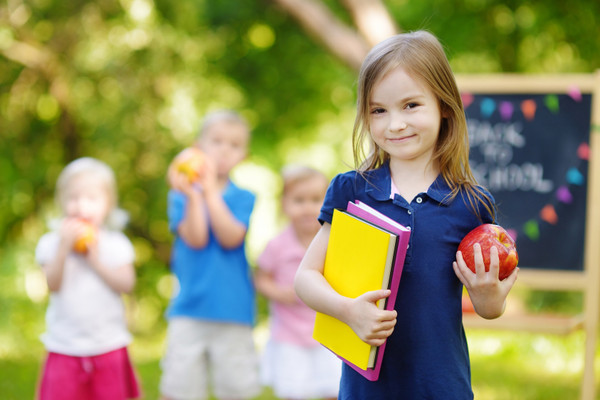Back-to-School Safety: The Daycare Water Quality Checklist You Need
Aug 12th 2025
As the back-to-school season kicks into gear, daycares and early learning centers are preparing classrooms, refreshing lesson plans, and welcoming new faces. But amid the excitement, there’s one critical safety factor that often goes unnoticed: the quality of your water.
The Hidden Role of Water in Daycare Safety
Water plays an essential role in daily daycare routines: drinking, preparing snacks, mixing formula, cleaning toys, and washing hands. For young children, whose immune systems are still developing (CDC), exposure to unsafe water can lead to illness more quickly than in adults.
One key indicator of water safety is free chlorine, the active form of chlorine in water that kills bacteria, viruses, and other harmful microorganisms (U.S. EPA). If free chlorine levels are too low, germs can survive and spread; if they’re too high, the water can cause skin, eye, and stomach irritation (WHO).
Why Regular Testing Matters
Even if your daycare is connected to a municipal water supply, chlorine levels can vary based on seasonal changes, building plumbing, or distance from the treatment facility (CDC). Without testing, you can’t be sure water is consistently within safe and effective limits.
Testing free chlorine regularly:
- Helps maintain compliance with health guidelines.
- Provides early warning of changes in water quality.
- Gives parents peace of mind.
A Simple Tool for a Safer School Year
The WaterWorks™ Free Chlorine High Test Strips make testing quick and reliable. They’re especially suited for daycares because:
- Fast results — measure chlorine in seconds.
- No special training needed — easy for staff to use.
- Accurate readings — ideal for recordkeeping and compliance checks.
Back-to-School, Back to Best Practices
This school year, add water testing to your daily health and safety checklist. A simple check can help ensure the water children drink, wash with, and play in meets the highest safety standards; protecting their health and building parents’ trust.
Healthy water means healthy kids and that’s something worth checking every day.

